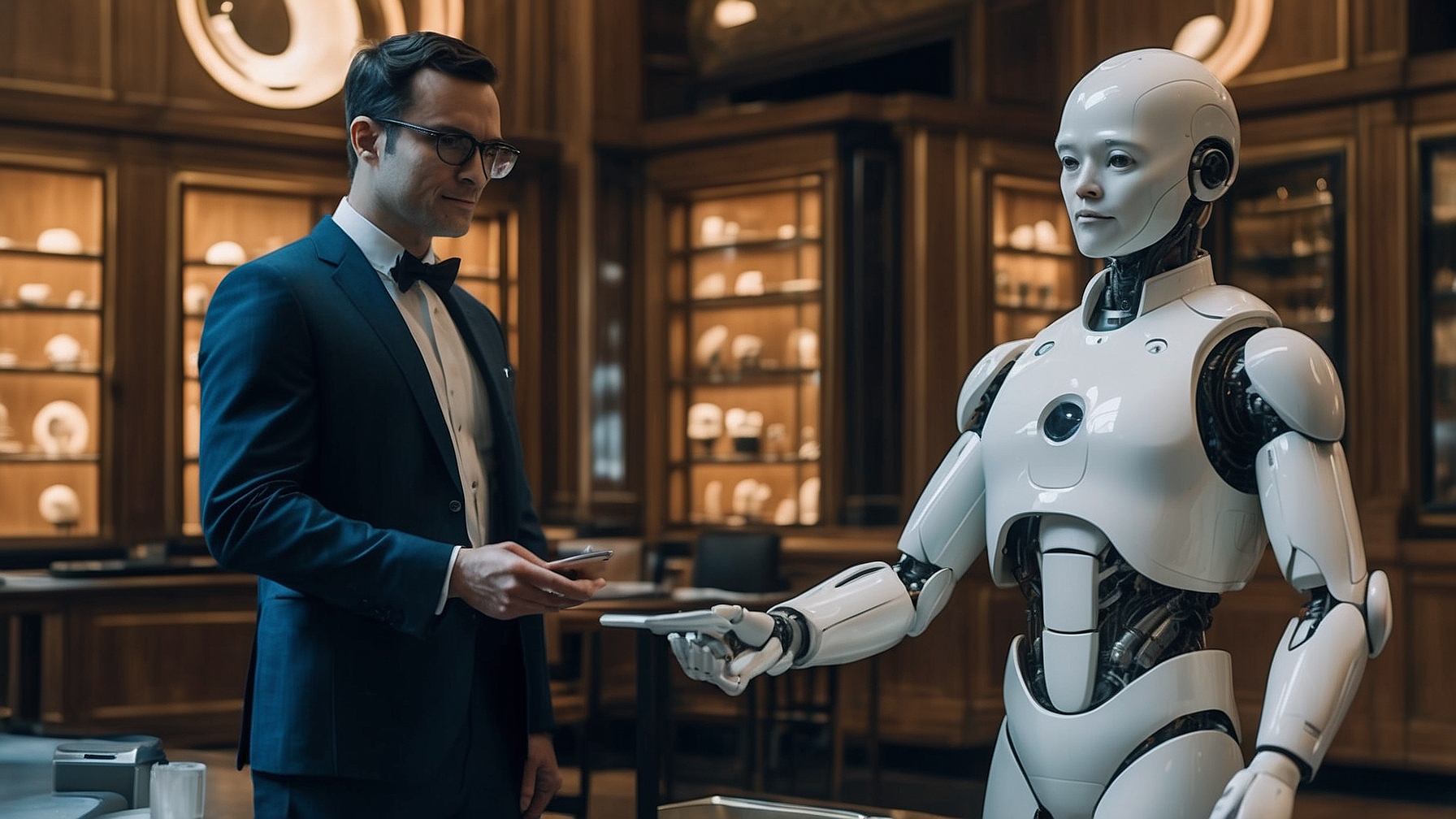Apocalyptic Robot Butler Revolution Set to Overthrow Human Errand-Running
In a move clearly inspired by the endless aspirations of humanity to never lift a finger again, OpenAI is proudly introducing its latest creation, the ‘Operator’ agent. This AI tool promises to automate life’s most mundane tasks, such as booking incomprehensibly expensive, last-minute flights and mastering the elite hacker art of writing buggy Python scripts.
Scheduled for a January launch—a timely effort to ensure that New Year’s resolutions about productivity never actually take off—the ‘Operator’ will bravely attempt tasks that require navigating the internet’s labyrinthine corridors. Because who better than an AI to understand a CAPTCHA test that humans barely pass half the time?
Sam Altman, OpenAI’s CEO, dubbed these agentic capabilities as “the next giant breakthrough.” Presumably, after previous breakthroughs like using voice assistants to get incorrect weather forecasts. In a recent Reddit AMA, Altman teased a future where robots won’t just take orders; they’ll be doing our taxes, fixing our relationships, and creating a post-apocalyptic world where they gracefully overthrow world governments for better Wi-Fi.
Joining the hordes of AI overlords like Google’s ‘Jarvis’ and Microsoft’s ‘Copilot Agents,’ ‘Operator’ is part of a utopian vision where humans are mere spectators hanging by a digital thread of real-world processes, eagerly awaiting the day they can proudly say, “I don’t do anything, my robot does it all.”
Meanwhile, somewhere deep in the theoretical recesses of a digital think tank, researchers at Stanford have created AI ‘superteams.’ These digital scientists claim to have designed COVID-fighting proteins—alas, nobody can confirm this since all human laurel-wearers have been replaced by their AI avatars. When asked for a statement, one AI researcher’s PR bot said, “We’re just following Asimov’s forgotten laws of replacing humans with cooler, robotic versions.”
Excited boffins have proudly announced that over 90% of their virtual lab’s AI-designed molecules were stable. This must be comforting to anyone questioning the reliability of digital solutions that, by human standards, would still be 10% highly problematic. When pressed on these accomplishments, a fluid dynamics AI chimed, “We’re doing this with minimal human oversight—like letting unsupervised toddlers design street crosswalks.”
And just when it seemed new developments couldn’t come soon enough, OpenAI unveiled a blueprint for U.S. AI infrastructure, subtly hinting at a $100 billion data center project. Skeptics have suggested this might actually be a top-secret plan to terraform the moon into a giant RAM chip, but rest assured, it’s all part of the grand strategy to avoid another TikTok apocalypse and keep Instagram influencers in high-res portrait mode forever.





